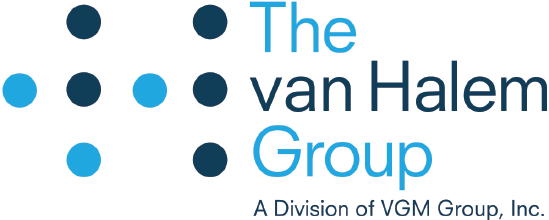
By Wayne van Halem, President, The van Halem Group
Direct-to-consumer marketing and lead-generation are perfectly legal manners in which to court potential customers. However, with Medicare patients, there are a number of laws that HME suppliers must abide by. One of the reasons that CMS put off-the-shelf (OTS) braces into competitive bidding was the fraudulent and abusive practices that were occurring in this category. In fact, much of the fraudulent activity that occurred involved lead-generation services and questionable marketing practices. It is important to remember that you cannot contract with a third-party to perform activities that you cannot legally do on your own, to include cold-calling Medicare patients or paying physicians to perform evaluations, both of which are activities we have seen in the OTS bracing market – which resulted in a number of criminal indictments.
If you are a competitive bid winner in the OTS category, you will likely be inundated with calls from lead-generation services that will promise to make you a lot of money and drive a lot of business to you. You need to know the laws and do your due diligence. There are reputable and legitimate lead-generation services that understand their boundaries, but there are also several that ignore those boundaries, and as a result, have made a lot of money, and would like to continue to do so. Therefore, they will likely be touting their services to competitive bid winners. If you get contacted, its important to understand exactly what service they will provide and how they will do it. You should have a written contract that is reviewed by your own independent counsel. Do not take their word for it if they say their program has been reviewed and approved by legal counsel. You need to understand how every lead is generated, but more importantly, that the beneficiaries have agreed to be contacted by your company to provide a product.
They will promise to do everything for you, including obtaining the necessary orders and medical documentation. Unfortunately, if it sounds too good to be true, it often is. We’ve seen too many times where HME suppliers have been duped into entering into an agreement with a lead-generation service only to find later that the quality of the leads are poor and the patients do not qualify for coverage. In many instances, the patients did not provide permission to be contacted or the lead-generation company may have paid a telehealth doctor to conduct a “telehealth” visit and order the braces, which is an illegal kickback. Regardless of the situation, in the end it is the supplier that is always left “holding the bag” because they submitted the claim to the government for reimbursement and are ultimately responsible.

